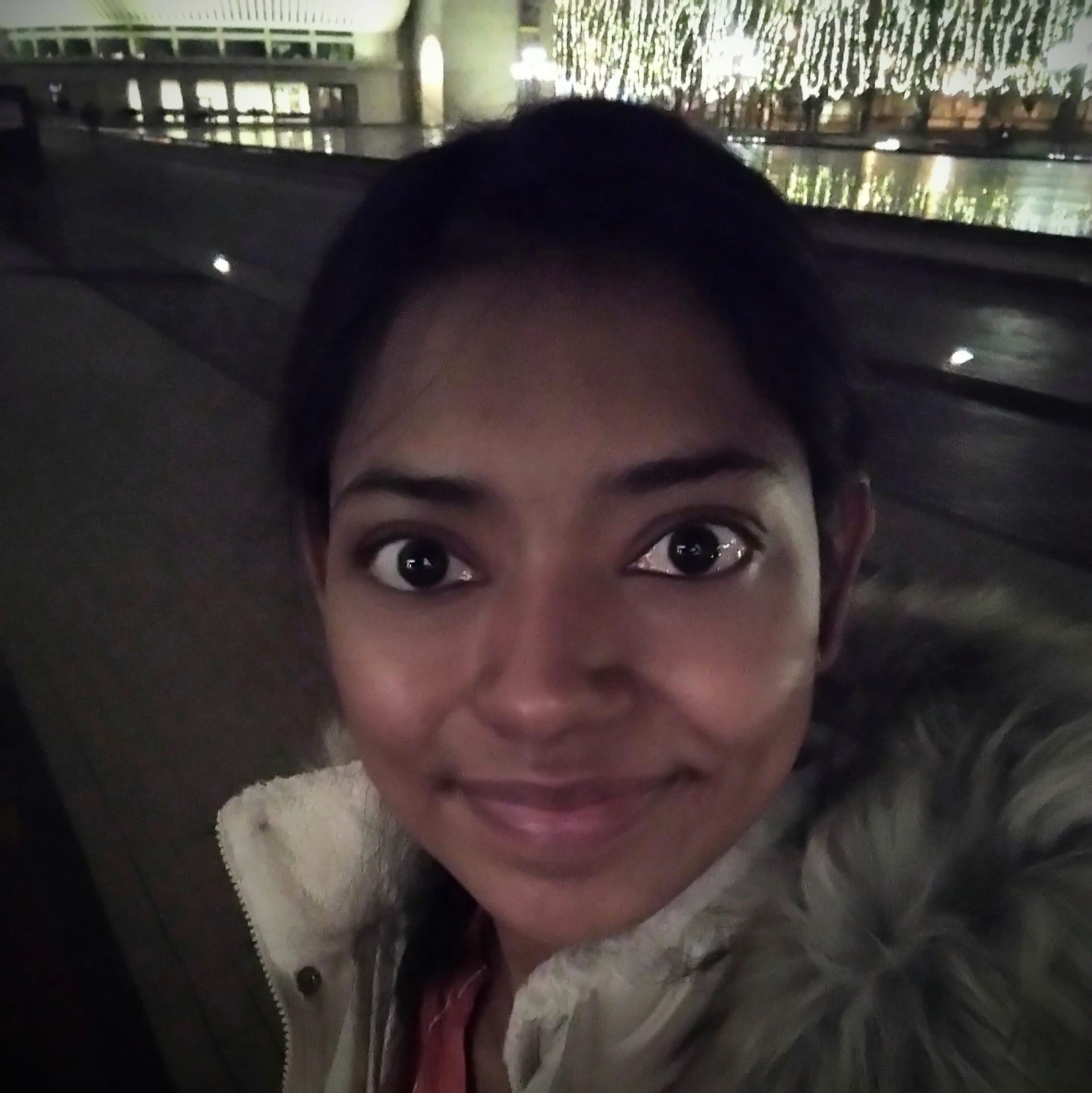
Akshaya Mahesh (she/her)
mahesh.ak@northeastern.edu
|
Math made me realize that every problem has a solution and with persistent efforts we can find ‘n’ number of ways to solve it. Keep Learning Keep Growing !! |

Akshi Saxena (she/her)
saxena.ak@northeastern.edu
|
One of the strategies that helped me in the Math area is to think of Math as time consuming rather than difficult. Practice and keep up with the homework assigned (if possible). Math builds on itself so try to reasonably understand the concepts and ask questions wherever unclear! |
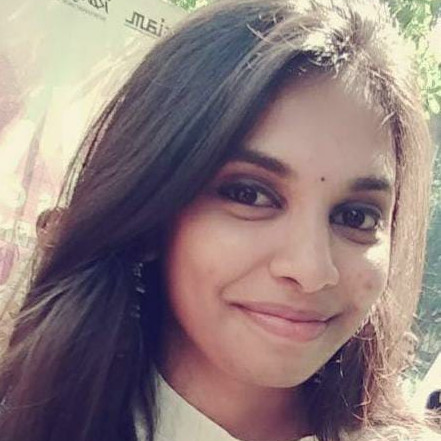
Amulya Gupta (she/her)
vangapalli.a@northeastern.edu
|
Since school I’ve always been interested in math. Being a math enthusiast, I was really looking forward for the linear algebra and probs & stats course. This was really different from the usual math I had learnt. Even though it was difficult initially, I felt at ease going on. I remember the first time I was doing linear transformations. My professor had a hard time clearing my questions :P but eventually it was good. It was helpful for me when I brushed out on the basics of matrices, probability etc. Trust me, it just requires tad bit patience and practice. If I can do it, so can you :) Let’s learn together, fall together and also win together :) |
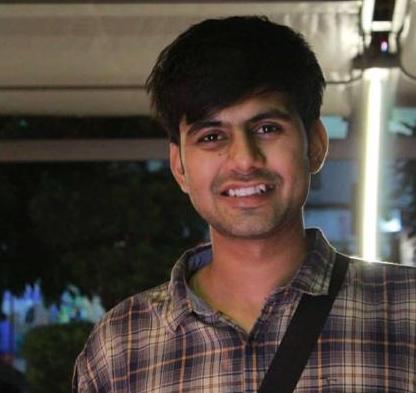
Anuj Sharma (he/him)
sharma.anuj@northeastern.edu
|
I am always fascinated with the application of Math concepts in the real world and so I always try to find the real-world application of any math formula. To do well in maths, there is only one tip that is to solve as many questions as you can of a concept and you will be surprised to see the use of that concept in different domains. |

Aravindh Bommisetty (he/him)
bommisetty.a@northeastern.edu
|
Start early, do not miss classes and make use of office hours. And, don’t forget to have fun :) |

Avinash Nidadavolu (he/him)
nidadavolu.a@northeastern.edu
|
The study Tip I found if useful during my time is to stay strong and have a clear idea on the fundamentals/core concepts of any topic. Along with this to practice working on problems a lot. In mathematics a complex problem is always build on combination of basic principles, one has to break down the problem into these basic concepts and combine them to solve those. |
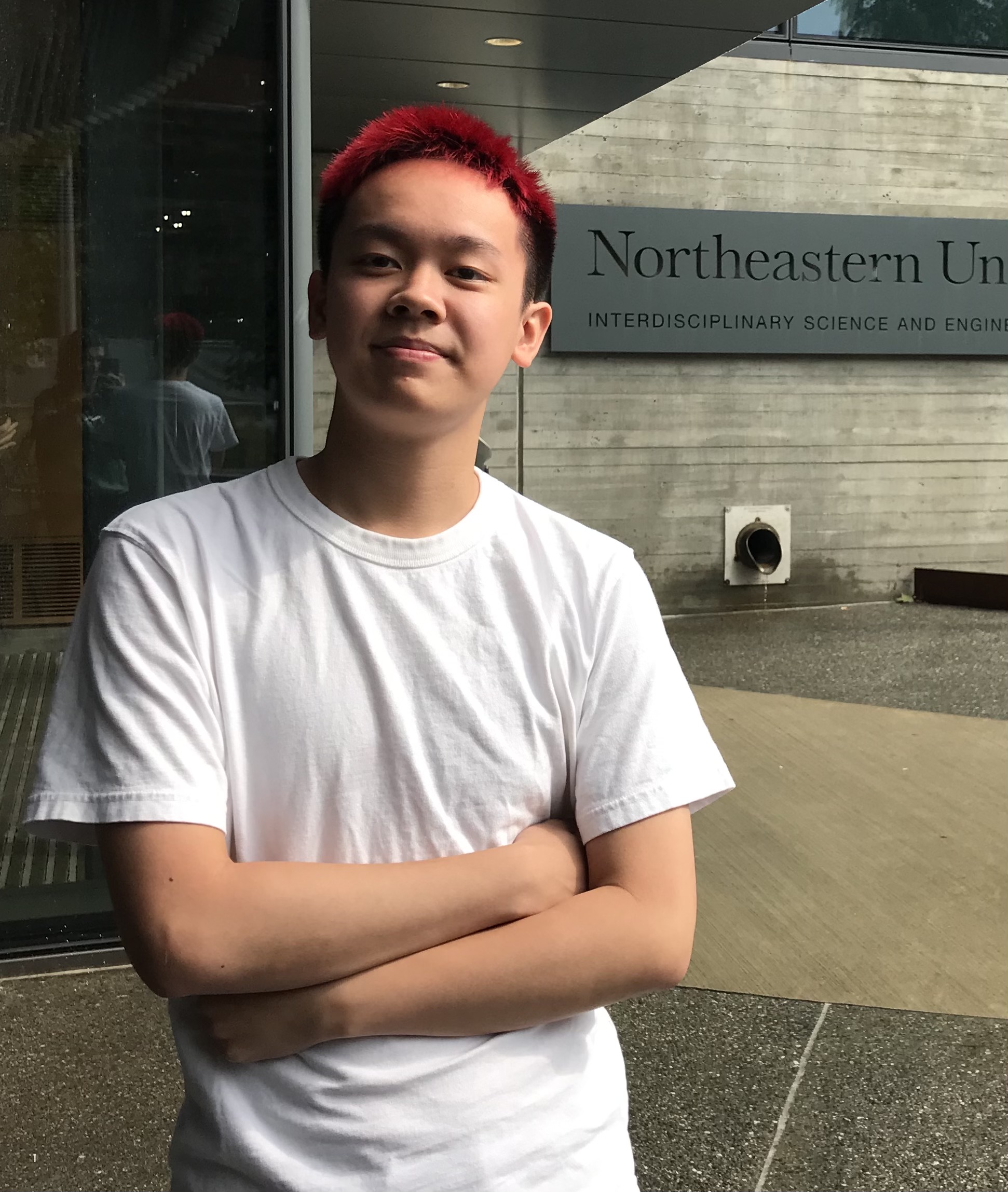
Caleb Lee (he/him)
lee.cale@northeastern.edu
|
My favorite math memory came in this very class during the final exam, which was a series of Metroid themed story problems. The highlight was using a Bayesian Network and some priors to determine the probability that the alien attacking me was Ridley and not Kraid. It was a reminder that math (especially of the Data Models sort) is not just applicable, but fun. |
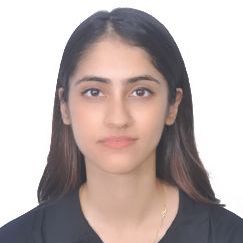
Charvi Madan (she/her)
madan.c@northeastern.edu
|
Always tell yourself that if it is not challenging , its not fun! So keep practicing.Don’t forget to give yourself a pat every time you solve something and take every wrong answer as an opportunity to learn. |

Divyakala Venkatapathi (she/her)
venkatapathi.d@northeastern.edu
|
One of my favorite math memories would be making sense of what a p value is and isn’t. Until half way through my first stats course, every time I came across the definition of p value, it seemed liked I understood what it was but didn’t at the same time. I went down a youtube rabbit hole, and stumbled upon a video and tadaa! finally I got it! |

Emre Gucer (he/him)
gucer.e@northeastern.edu
|
Studying math can be tricky, but I believe that practice is the key to improve math skills. Solving many problems that cover different type of questions is the easiest way to practice. If a student is not confident with a topic or a specific type of question, TAs are eager to help in office hours. |
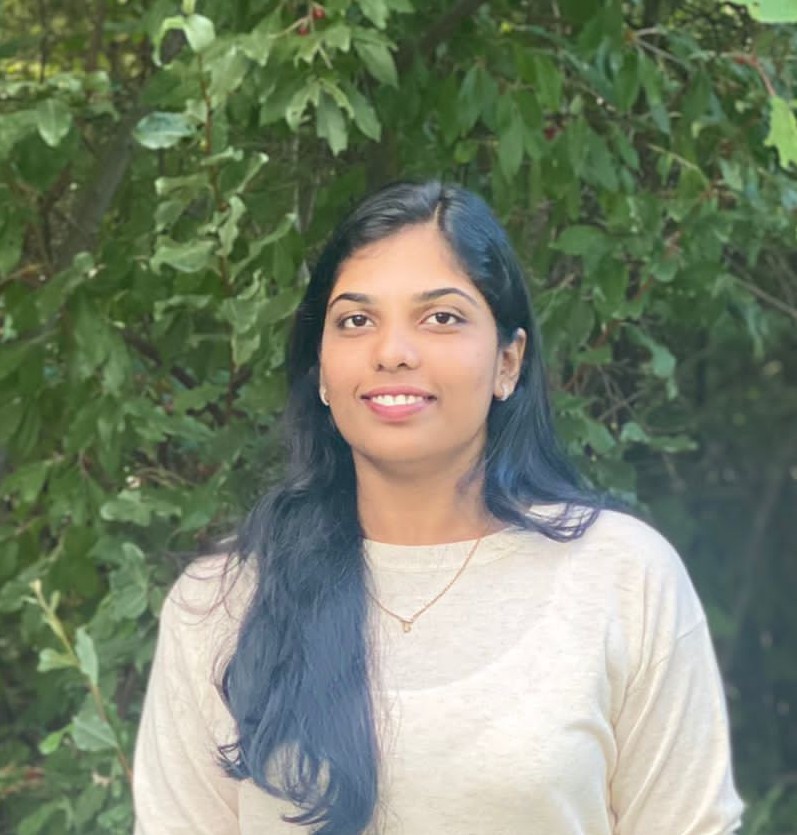
Geetha Ramya Karuturi (she/her)
karuturi.g@northeastern.edu
|
Mathematics is not about numbers, equations, computations, or algorithms: it is about understanding. Being a student who happens to see the world through the lens of numbers, I always believed that learning math was different from other subjects as it’s applications were diverse. Math for me is more like playing with numbers. |

Pavan Sai Guduru (he/him)
guduru.p@northeastern.edu
|
I was really excited about the linear algebra course as its one of my favorite topic but prob and stats was another story. At first it was hard for me to understand some of the topics but with my professors help and my effort I was able to ace through it. My favorite math memory would be of being introduced to vector spaces as it gave me a different perspective.So, for me, thinking about vector spaces as modules over a field is vastly more satisfying than being introduced to n-tuples of vectors. The definition of a linear transformation sits with me far better than the definition of matrix multiplication. Math is all about understanding the topics, practicing and learning from our mistakes.
attending classes and completing assignments reinforce our understanding on the
subject and we as TA’s are always there if you guys if you find a topic hard to understand or having difficulty solving assignment I strongly encourage to attend office hours.
|
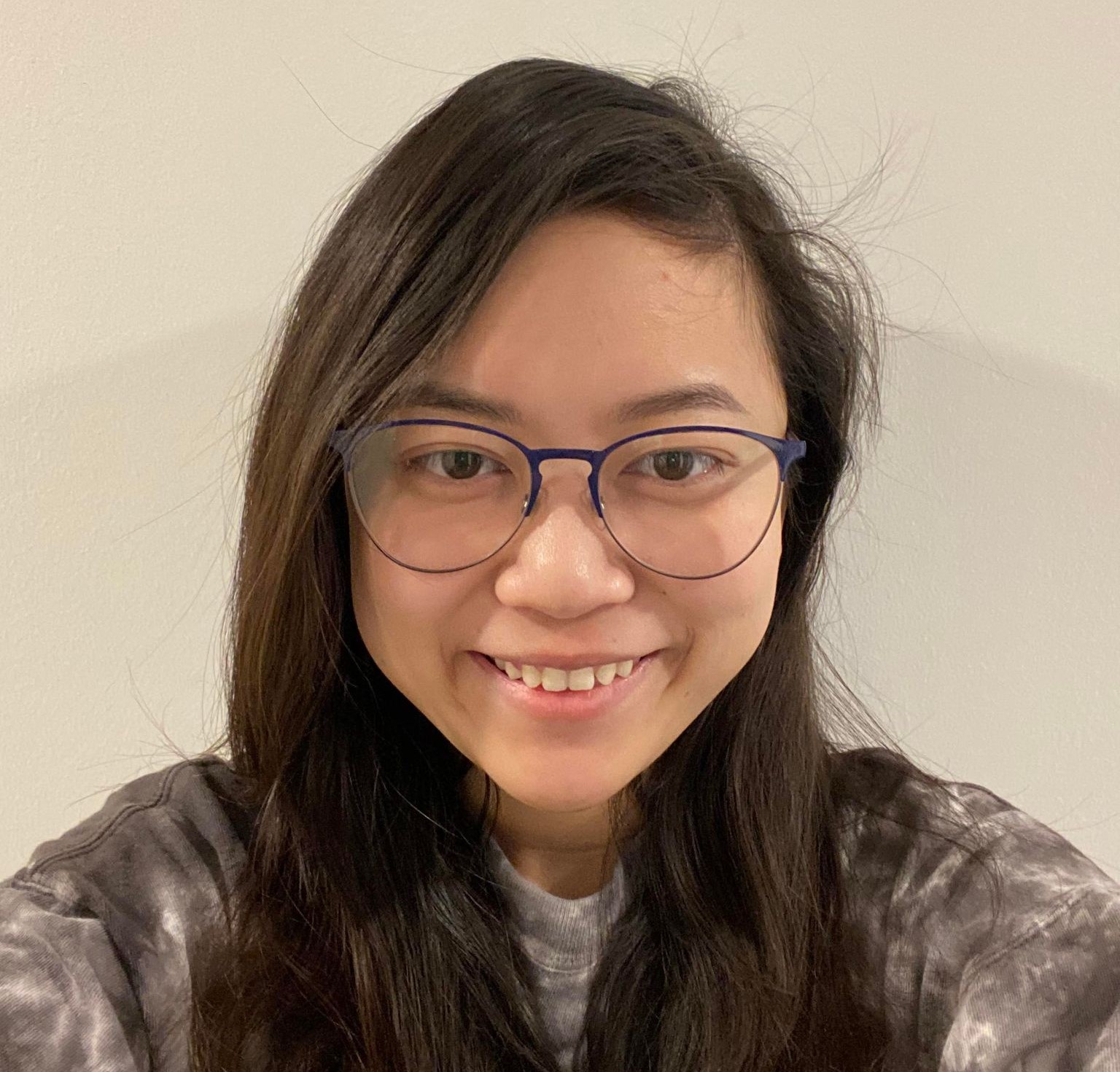
Ngoc (Victoria) Le (she/her)
le.ngoc@northeastern.edu
|
When I took prob&stas, I really enjoyed it. The professor gave us most of question related to the real life problem which helped us me understand it easily. It may not be relevant to the course, but I remember it was when I took MATH 2341, we was solving a problem in class but the professor wrote the wrong question which led to an answer that has bunch of square roots. We first thought we solved the wrong way and spend 2/3 of the class time to solved it again until prof realized he wrote the wrong number in the question. The funny part was during that time he kept confusing himself and said that no way he would give us the question with an ugly answer. My study tips for Math are just mostly learn common ways to solve each problems, practice as much you can to understand the problems and to remember the formulas if you’re not at memorizing
|

Parth Shah (he/him)
shah.parth2@northeastern.edu
|
When working with math, I always used to follow two mantras: 1) Always be clear and sound with the basic mathematics concepts. 2) Work hard, but logically! |

Pengbo Wang (he/him)
wang.pengbo@northeastern.edu
|
Linear algebra and probability and statistics are the foundation of computer science. All tracks of computer science are developing at a high speed, but I think eventually it will come back to these mathematical problems. |
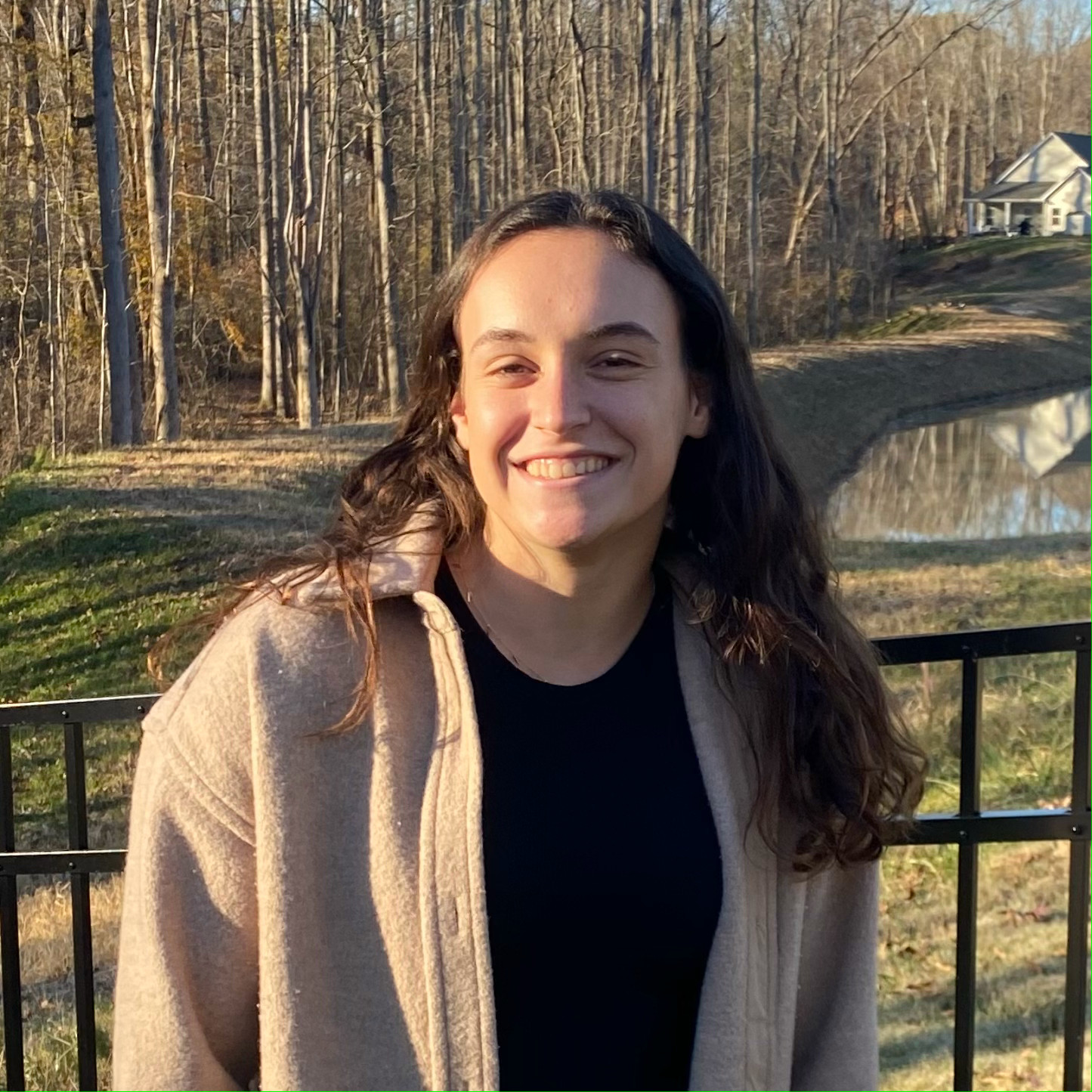
Rachel Rouff (she/her)
Rouff.r@northeastern.edu
|
I think the most important thing to consider when learning math is that it doesn’t always come naturally. You need to work to understand the concepts before attempting to use them, and once you do, practice is key. |

Sanat Shajan (he/him)
shajan.s@northeastern.edu
|
When it comes to linear algebra and statistics, these are two tips I encourage any student to use. One is to make note of any definitions and constantly revisit those definitions, as both these subjects revisit past concepts very often. The second is to try all sorts of variations of problems, as there are a bunch of small details in both fields that just go happen to go unnoticed. I hope this helps! |

Swati Agarwal (she/her)
agarwal.sw@northeastern.edu
|
Equations and Curves can be overwhelming at first, but mastering one concept at a time and consistent practice make Math easy. For me, knowing why we’re solving them and their elegant applications in Data Science make them interesting. My favorite is the Bayes’ (probability) Theorem because of how simple yet powerful it is! |
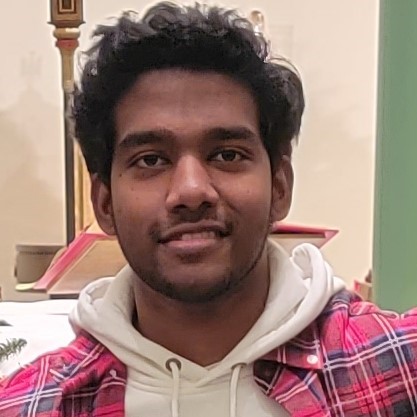
Vinnie Jones Jeyakumar (he/him)
jeyakumar.v@northeastern.edu
|
Previously, I had taken many math courses in highschool and college, but I was never able to apply the skills I learned in a practical environment. In this course, however, I was finally able to use the foundations of linear algebra and create a working machine learning program in Python. It was great to finally see the concepts I learned being applied to a final product! |

Xiaofei Xie (she/her)
xie.xiaof@northeastern.edu
|
I feel pretty excited when I taking my first linear algebra/ prob & stats course. This course covers so many useful concepts, and it helps you explore your interest. Once you find something that interests you, you can have a deep learning through that topic. |
Zhou.jpg)
Yilin Zhou (she/her)
zhou.yil@northeastern.edu
|
Hi everyone, welcome to CS2810! For me, a good way to learn math is to practice. For example, I would encourage you to do some quizzes after a new concept is introduced, especially for those ambiguous concepts. In general, I also use the Pomodoro Technique (study for 25 minutes, then take a 5 minutes break) to keep me more productive, and I encourage you to try it! |